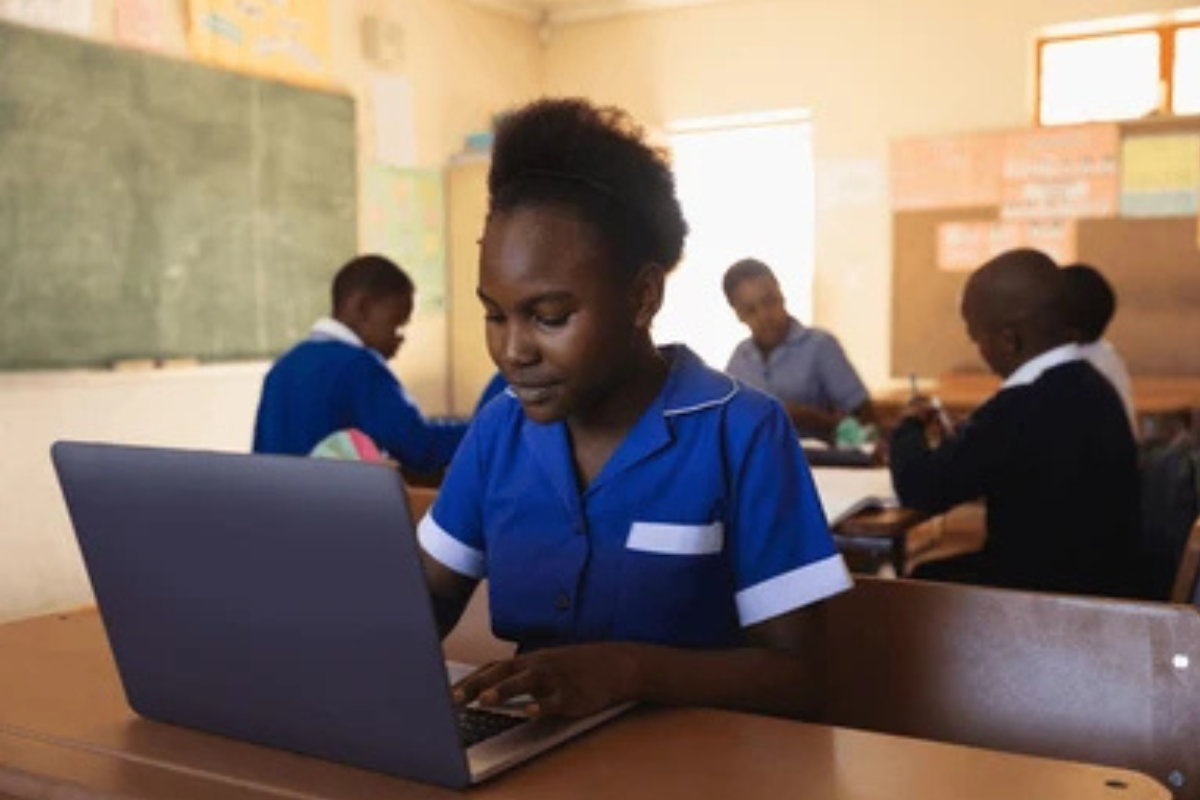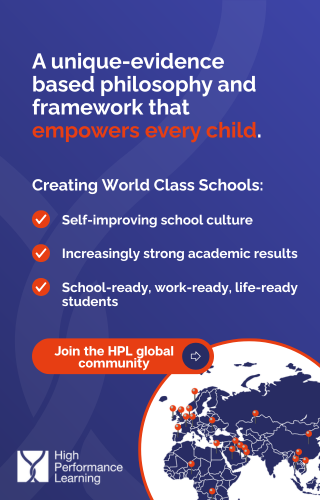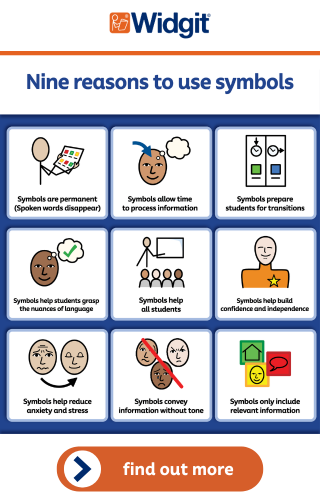In a remarkable demonstration of innovation and youthful ambition, a Kenyan teenager from Nairobi has developed an AI-powered study assistant designed to help students revise for national exams. This breakthrough highlights the growing role of technology in education and showcases the potential of young innovators to shape the future of learning in Africa.
At-a-Glance Takeaways
- 80% of Kenyan secondary students use digital tools for exam preparation
- 30% improvement in retention and understanding with AI-powered study tools
Addressing the Challenges of Exam Preparation
For many students in Kenya, preparing for national exams can be stressful and overwhelming. Access to personalised guidance and timely revision resources is often limited, particularly in under-resourced schools. Recognising this challenge, the Nairobi student took matters into their own hands, creating a chatbot capable of providing tailored study support across a variety of subjects.
How the AI Study Assistant Works
The AI assistant functions as a virtual tutor, answering questions, offering explanations, and providing interactive quizzes. Unlike traditional study methods, which often rely solely on textbooks and teachers, this tool allows students to learn at their own pace. It adapts to individual learning needs, helping students focus on areas where they struggle most.
“This project began as a way to support my classmates,” the young innovator explained. “I wanted to create something that makes studying more interactive and less stressful. If I can help even a few students feel more confident before exams, it will all be worth it.”

Parents and Educators Welcome the Innovation
Parents have welcomed the initiative with enthusiasm. Many see it as a valuable complement to classroom teaching, giving their children additional resources to consolidate learning.
“It is incredible to see young people using technology to support education,” said one parent. “This tool gives students a sense of independence and confidence that traditional revision methods sometimes cannot provide.”
Educators have also praised the innovation, noting that it reflects a broader trend towards integrating technology in learning. Teachers argue that AI tools can encourage active learning, critical thinking, and problem-solving skills, which are essential for academic success. By engaging with a virtual assistant, students can practice exam questions, clarify doubts, and even track their progress over time.
Part of a Growing African EdTech Movement
The project is part of a wider movement across Africa, where youth-led EdTech initiatives are transforming education. In Kenya, technology is increasingly being leveraged to address gaps in learning, particularly in regions where schools face resource constraints. Innovations like this chatbot not only improve academic outcomes but also inspire other young people to explore careers in science, technology, engineering, and mathematics.
Maximising Learning with Technology
Experts emphasise that tools like AI study assistants are most effective when used alongside traditional learning methods.
“Technology cannot replace teachers or parents, but it can enhance the learning experience,” noted an education specialist. “When students engage with these tools, they develop autonomy and confidence in their abilities, which ultimately leads to better performance in exams.”
For students, the chatbot offers a flexible, interactive study experience. It allows them to revise at times that suit their schedules, repeat challenging concepts, and receive immediate feedback. This combination of convenience, adaptability, and personalised learning is particularly appealing to teenagers, who are increasingly comfortable with digital platforms.
Inspiring the Next Generation
Beyond exam preparation, the initiative demonstrates the potential for young people to contribute to solutions that address real-world challenges. By harnessing AI, the Nairobi student has shown that innovation is not restricted by age. It serves as a reminder that creativity, determination, and a willingness to explore new ideas can result in meaningful impact for communities.
A Vision for the Future of Education in Kenya
As Kenya continues to prioritise education and technology, initiatives like this AI-powered study assistant are likely to play a significant role in shaping the future of learning. They highlight the importance of nurturing talent from a young age and supporting student-led innovation. For parents and educators alike, this story is a source of inspiration and a call to embrace new approaches that empower students to achieve their full potential.
In a world where technology is increasingly central to everyday life, the efforts of this young innovator demonstrate that age is no barrier to creating meaningful change. With determination, creativity, and the right support, teenagers can develop solutions that enhance education, build confidence, and inspire a generation of learners ready to excel in national exams and beyond.







